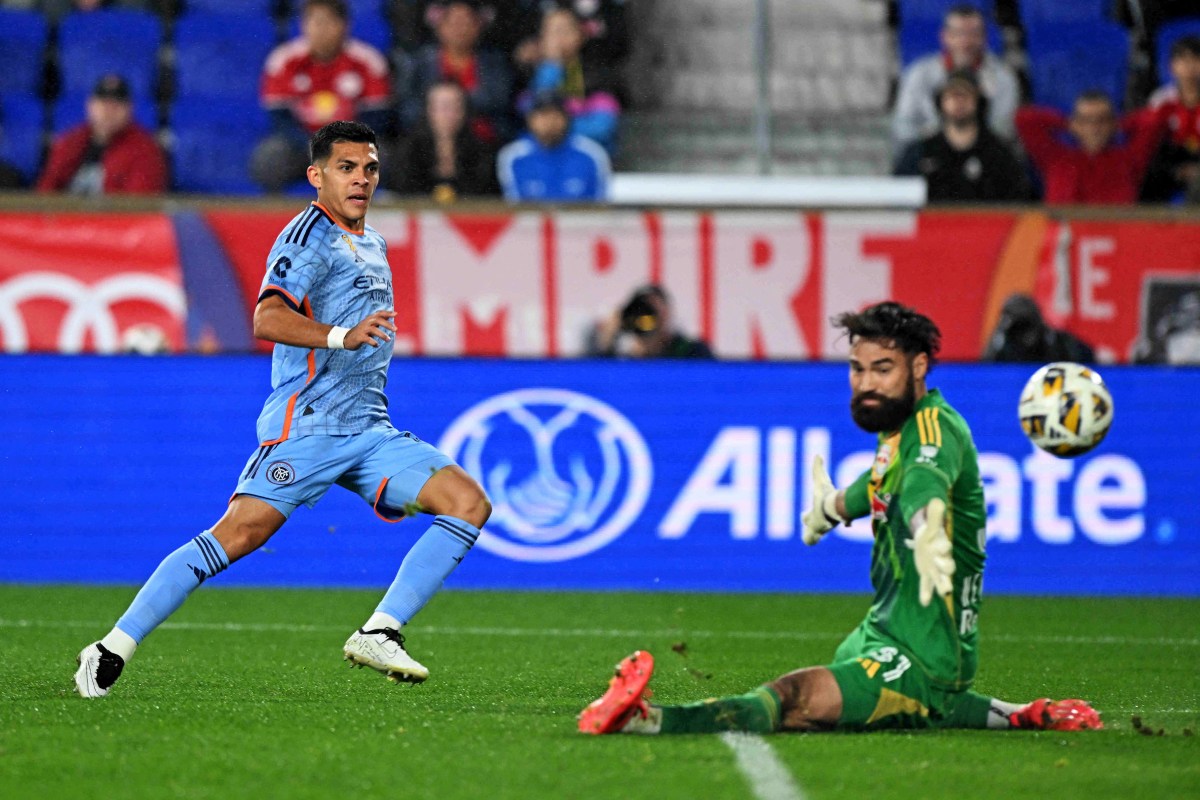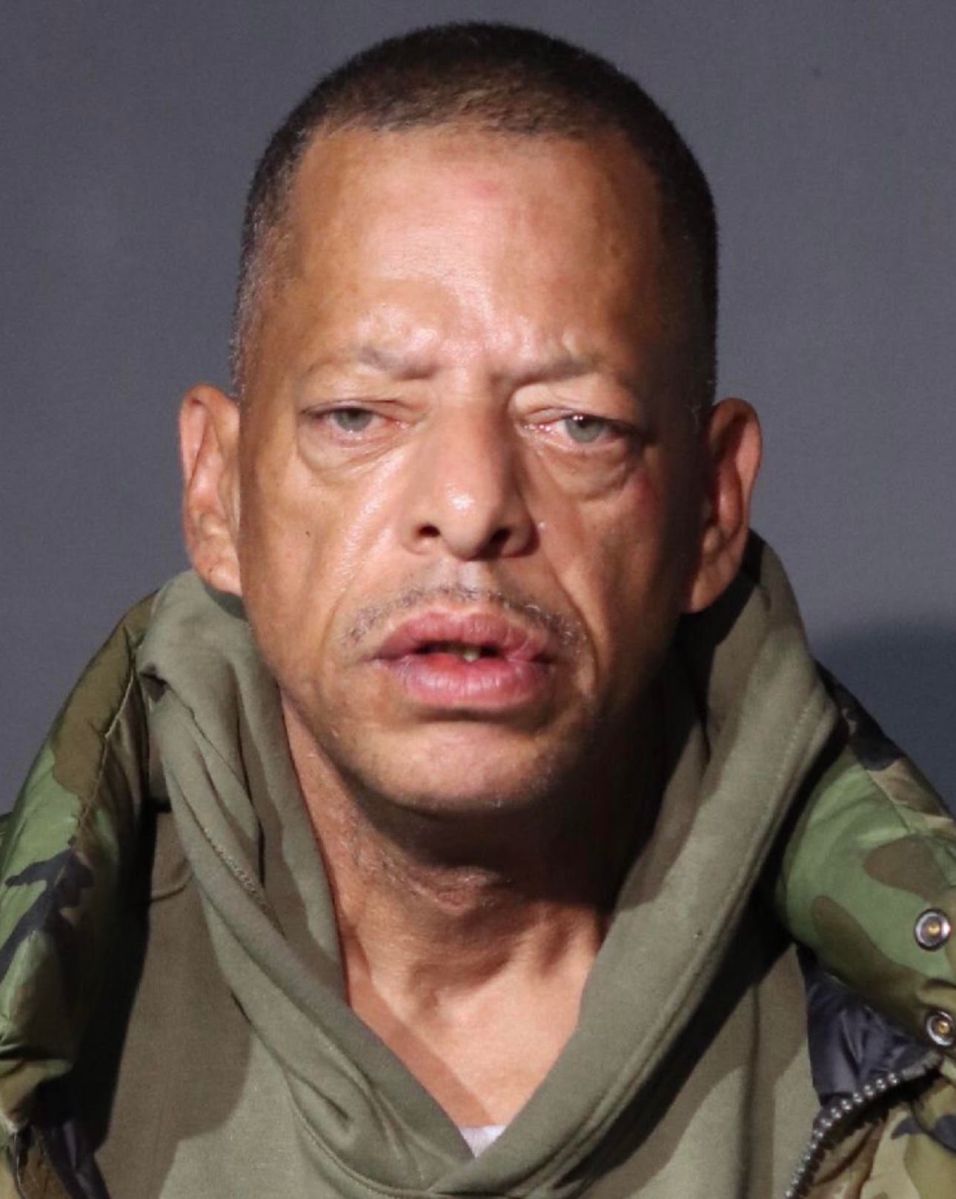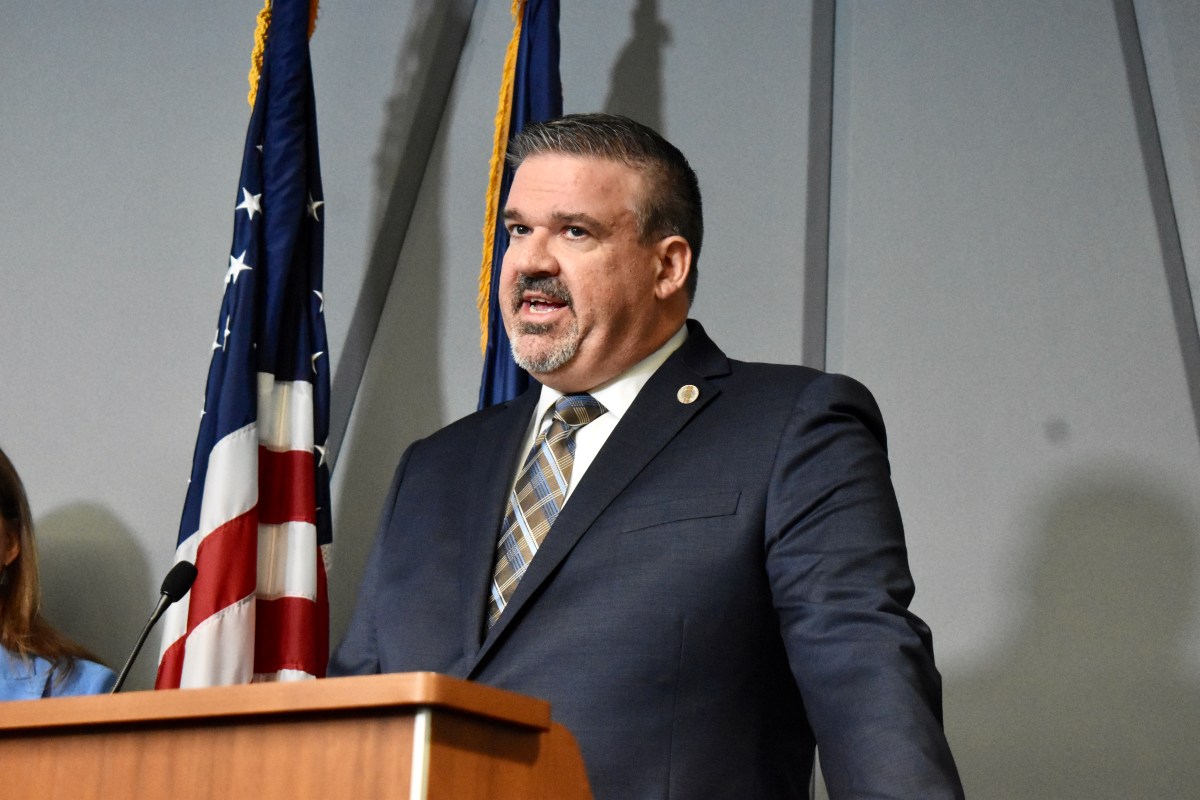By Tessa Vikander
VANCOUVER (Reuters) – Huawei Chief Financial Officer Meng Wanzhou returned to a Vancouver courtroom on Wednesday where Canadian prosecutors defended a U.S. extradition request, saying Meng’s alleged bank fraud is the heart of the case that has strained relations between Ottawa and Beijing.
Canadian prosecutors have told the British Columbia Supreme Court that Meng was arrested on charges of bank fraud, which is a crime in both countries, and not because of U.S. allegations she violated U.S. sanctions against Iran.
Over three days of hearings, Meng’s legal team argued that “double criminality” is at the heart of the U.S. extradition request.
When ending its arguments on Tuesday, the defense told the judge that the case is “unique” because “the risk of economic deprivation arises solely from the operation of a foreign criminal law for which no corresponding Canadian…law exists.”
The United States has charged Meng with bank fraud, and accused her of misleading HSBC Holdings Plc about Huawei Technologies Co Ltd’s [HWT.UL] business in Iran.
“Lying to a bank in order to get banking services that creates a risk of economic prejudice is fraud. Fraud not sanctions violations is at the heart of this case,” Canadian prosecutor Robert Frater told the court in his opening remark on Wednesday.
He said even when considering the foreign legal context of the U.S. sanctions against Iran, the case for fraud can still be made.
CANADIAN SOVEREIGNTY
Unlike the defense which encouraged the judge to consider the importance of Canada’s independence and absence of sanctions against Iran, the prosecutors say the judge should think independently of that.
“Your job is not to stand up for Canadian sovereignty … not to look at jurisdictional issues,” Frater said. “That tool is a matter for the executive …. you have a role that is described by statute” he added.
Court proceedings show the United States issued the arrest warrant, which Canada acted on in December 2018, because it believes Meng covered up attempts by Huawei-linked companies to sell equipment to Iran, breaking U.S. sanctions against the country.
In their arguments on Wednesday, Canadian prosecutors cited Reuters stories in 2012 and 2013 about Meng, Huawei and a company called Skycom Tech Co Ltd that are cited in her indictment.
The articles reported Skycom had offered to sell at least 1.3 million euros worth of embargoed Hewlett-Packard computer equipment to Iran’s largest mobile-phone operator in 2010.
Reuters also reported numerous financial and personnel links between Huawei and Skycom, including that Meng had served on Skycom’s board of directors between February 2008 and April 2009.
The indictment alleges that HSBC and other banks in part relied on Huawei’s false statements – that it had not violated sanctions on Iran and that Skycom was a local partner – to continue doing business with Huawei. The Chinese company has denied any wrongdoing.
The hearing will resume Thursday.
EXCLUSIVE NEIGHBORHOOD
Meng, the daughter of Huawei’s billionaire founder Ren Zhengfei, remains free on bail in Canada, and has been living in a mansion in Vancouver’s exclusive Shaughnessy neighborhood.
On Wednesday, Meng sat beside her translator, behind her lawyers, pouring over documents with a pen in hand. The hearing is taking place in downtown Vancouver, in a specialized high security courtroom, with bulletproof glass separating the public gallery from the body of the courtroom.
She has said she is innocent and is fighting extradition in part because her alleged conduct was not illegal in Canada, an argument known legally as “double criminality.”
Unlike the United States, Canada did not have sanctions against Iran at the time Canadian officials authorized commencing with the extradition, her lawyers have said.
“The fact that Canada may have a different sanctions against Iran than the U.S. should not distract the court from the necessary inquiry into the essence of the conduct for double criminality purposes. Deceit and risk of loss are at the heart of the conduct,” Canadian prosecutors have said in previous court submissions.
On Monday, defense lawyer Richard Peck told the court that in a typical case, double criminality is not contentious. “This case however is founded on an allegation of breach of U.S. sanctions, sanctions which Canada has expressly repudiated,” he said. “Sanctions drive this case,” Peck said.
Meng’s legal team is currently only scheduled to call evidence in the last week of April, and a second phase of the trial, focusing on abuse of process and whether Canadian officials followed the law while arresting Meng, is set to begin in June. Closing arguments are expected in the last week of September and first week of October.
Legal experts have said it could be years before a final decision is reached in the case, since Canada’s justice system allows many decisions to be appealed.
(Additional reporting by David Ljunggren in Ottawa; Writing by Denny Thomas; Editing by Lisa Shumaker)
























